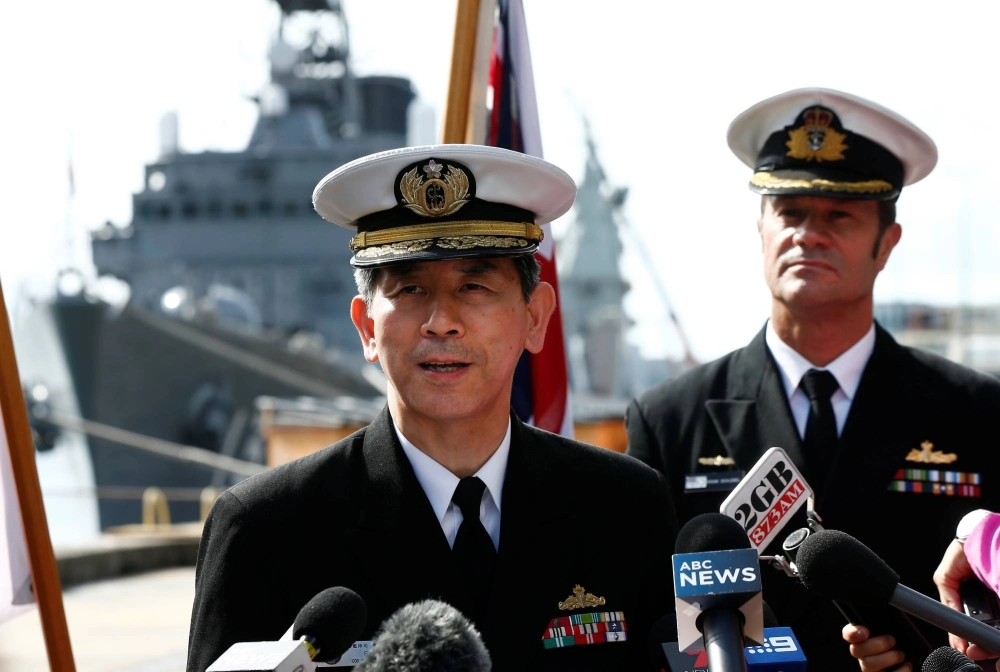Several Maritime Self-Defense Force vessels reportedly allowed unvetted personnel to handle top secret information related to national security, with the MSDF’s top uniformed officer signaling his intention to resign over the latest breach.
Ryo Sakai, the MSDF's chief of staff since 2022, is expected to quit his post and the Defense Ministry is considering disciplinary actions for several other high-ranking officers, local media quoted ministry officials as saying Saturday.
The revelations emerged after the ministry announced in April that five senior MSDF and Ground Self-Defense Force members — including the then-captain of the destroyer Inazuma — had been punished over the distribution of secret information to unvetted personnel within their units.

















With your current subscription plan you can comment on stories. However, before writing your first comment, please create a display name in the Profile section of your subscriber account page.